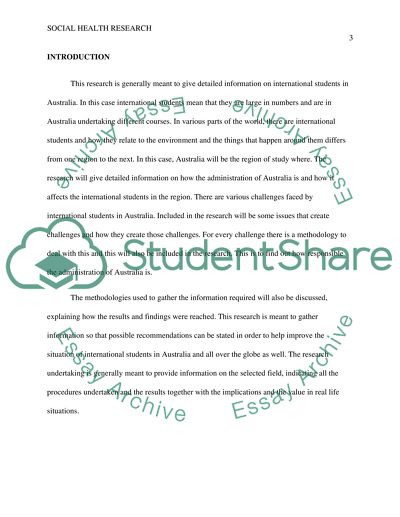Cite this document
(“Qualitative methods for social health research - Major Research Paper”, n.d.)
Retrieved from https://studentshare.org/health-sciences-medicine/1480181-qualitative-methods-for-social-health-research
Retrieved from https://studentshare.org/health-sciences-medicine/1480181-qualitative-methods-for-social-health-research
(Qualitative Methods for Social Health Research - Major Research Paper)
https://studentshare.org/health-sciences-medicine/1480181-qualitative-methods-for-social-health-research.
https://studentshare.org/health-sciences-medicine/1480181-qualitative-methods-for-social-health-research.
“Qualitative Methods for Social Health Research - Major Research Paper”, n.d. https://studentshare.org/health-sciences-medicine/1480181-qualitative-methods-for-social-health-research.


